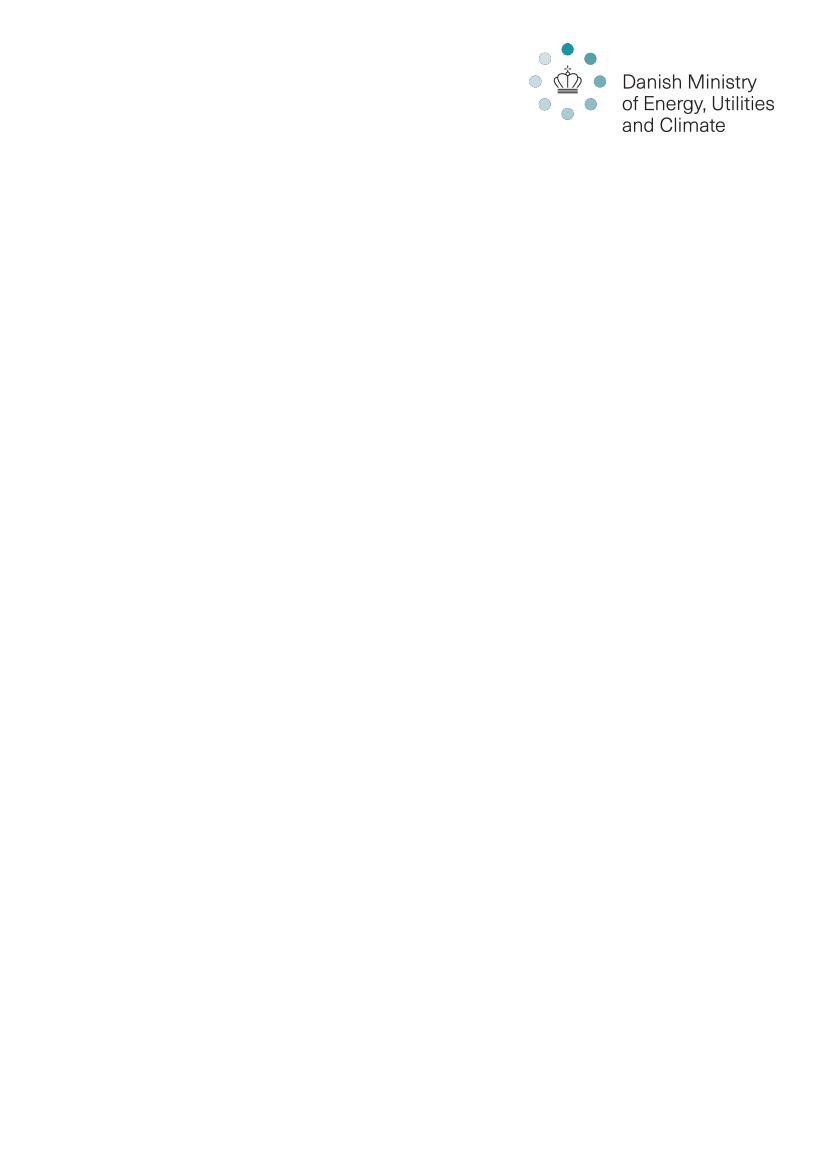
Denmark´s response to the European Commission´s public consultation
with regard to the review of the energy efficiency directive (EED)
Date
27 January 2016
J nr.
2015-3320
This paper sets out Denmark's provisional stance on the revision of the energy
efficiency directive (EED). The final Danish position will be determined on the basis
of the Commission's impact assessment and the proposal for a revised directive.
This response replaces the approach of filling out the European Commission's
electronic questionnaire.
1. General remarks
The Danish government welcomes the Commission’s consultation on the
Energy Efficiency Directive.
Denmark has as its long term goal to become independent of fossil fuels by
2050, producing sufficient renewable energy to cover the total Danish energy
consumption. Increased energy efficiency is a key element in achieving this
goal.
As a general remark, the Danish Government finds it important to ensure a
cost-effective transition of the European energy system towards a future low
carbon society.
As part of a cost-effective transition, it is important to ensure
fulfilment of the indicative target at the EU level of at least 27 pct. improved
energy efficiency in 2030 (having in mind the possibility of an EU level of 30
pct.) set by the European Council in October 2014. The 27 pct. target sets out
the overall level of ambition for the upcoming revision of the EED and will
require amendments of the current directive.
The Danish Government acknowledges the EED as a strong policy instrument
to ensure broad energy efficiency progress at Member State level as well as
enabling that the EU as a whole reaches the target on energy efficiency.
EU policies and measures are needed as a cost-effective way to tap into the
large potential for increased, profitable energy efficiency. Increased energy
efficiency drives a number of benefits to society, including a reduction of the
EU’s energy dependency, lower energy costs for businesses and consumers,
an increase in productivity, and improved competiveness.
Danish Ministry of Energy,
Utilities and Climate
Stormgade 2-6
DK-1470 Copenhagen K
P: +45 3392 2800
Page 1/5
www.efkm.dk